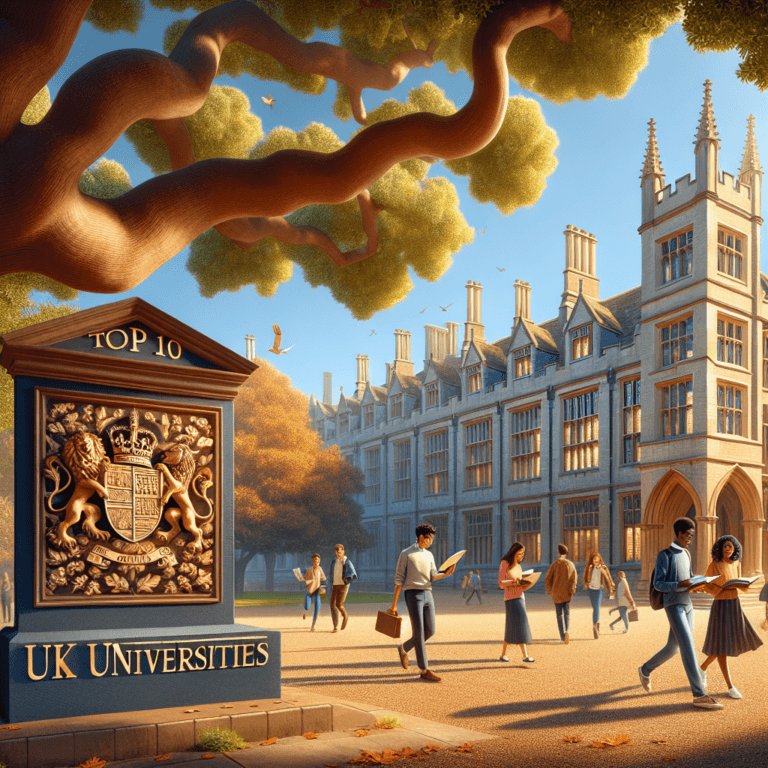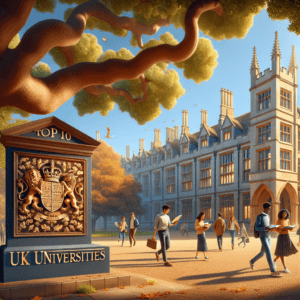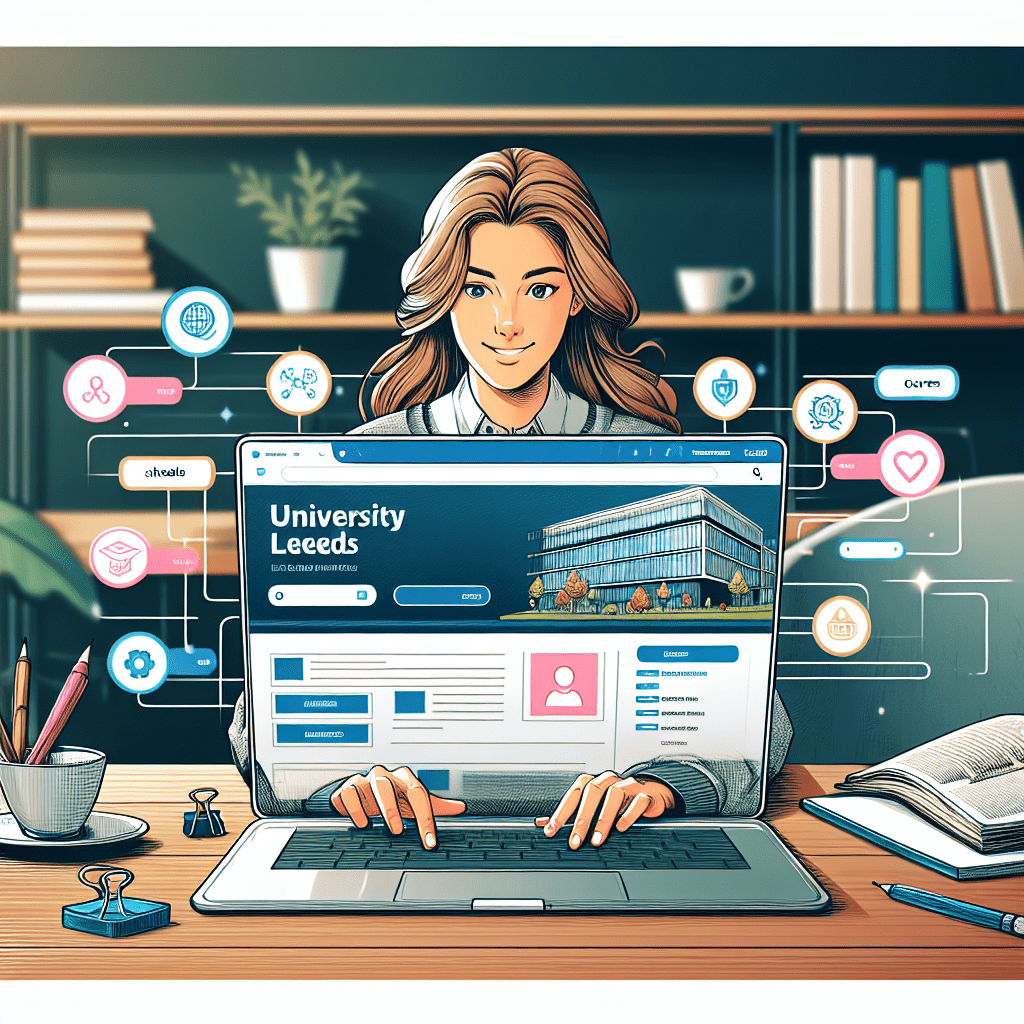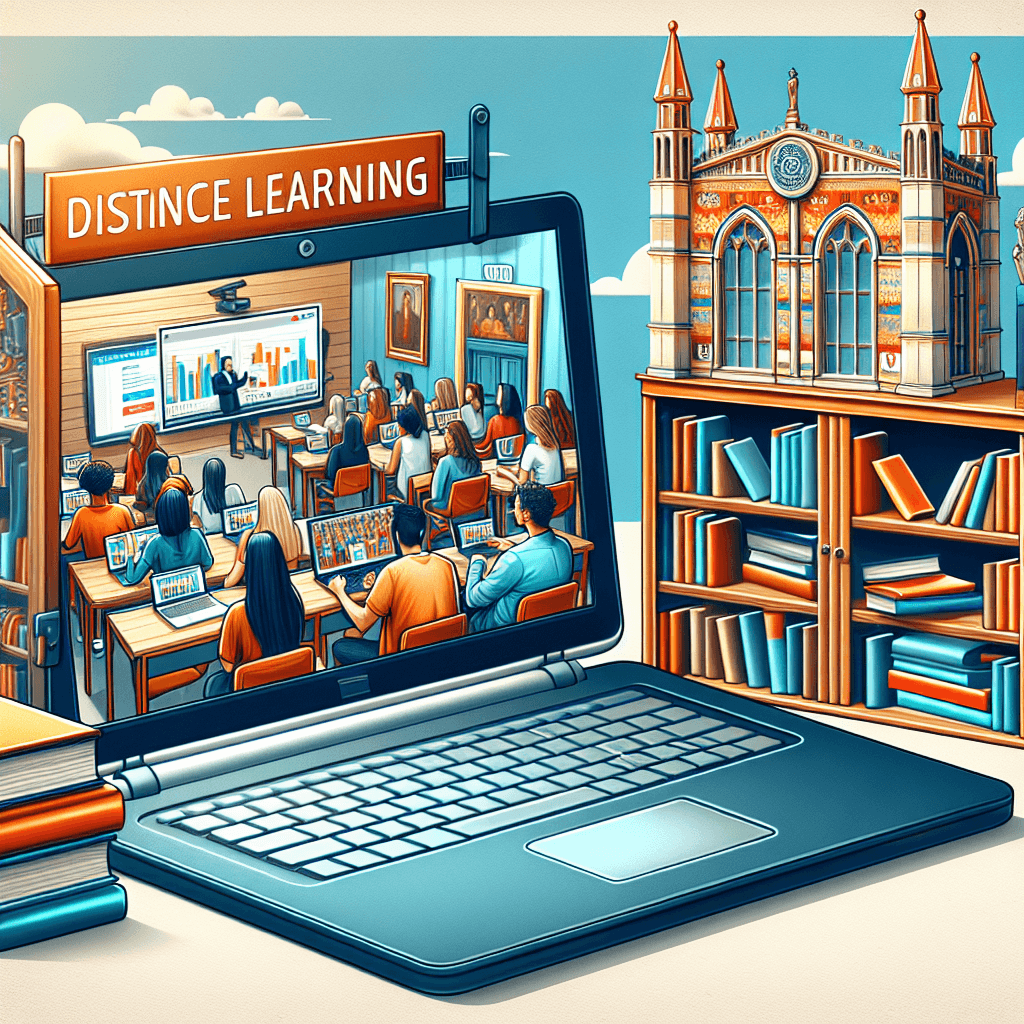The University of Birmingham’s School of Psychology and the Department of Psychology at the University of Birmingham are at the forefront of research in cognition and learning. Their studies have shed light on the complex processes that govern human behavior, helping us better understand how we learn, remember, and process information.
The Science of Cognition
Cognition refers to the mental processes that enable us to perceive, process, and respond to information from our environment. It encompasses a range of functions, including attention, perception, memory, language, problem-solving, and decision-making. The way we think, learn, and behave is influenced by a combination of genetic and environmental factors, including our upbringing, education, and life experiences.
The Role of Attention in Learning
Attention is a critical component of the learning process. When we focus our attention on a particular task or stimulus, we are able to filter out distractions and concentrate on the information that is most relevant. This enables us to process and retain information more effectively, and to make better decisions. However, attention is a limited resource, and we can only focus on a certain amount of information at any given time.
Theories of Learning
There are several theories of learning that attempt to explain how we acquire new knowledge and skills. One of the most well-known is the behaviorist theory, which posits that learning is the result of environmental factors, such as reinforcement and punishment. Another theory is the cognitive theory, which suggests that learning is an active process that involves the construction of mental representations.
The Importance of Feedback
Feedback is a critical component of the learning process. When we receive feedback on our performance, we are able to adjust our behavior and improve our skills. Feedback can take many forms, including verbal feedback from a teacher or peer, written feedback, or self-assessment.
Applications of Cognition and Learning
The study of cognition and learning has many practical applications. For example, it can inform the design of educational programs and materials, as well as the development of training programs for professionals. It can also help us understand and address learning disabilities, such as dyslexia and attention deficit hyperactivity disorder (ADHD).
Frequently Asked Questions
Q: How do we learn new information?
A: We learn new information through a combination of genetic and environmental factors, including our upbringing, education, and life experiences.
Q: Why is attention important in learning?
A: Attention is important in learning because it enables us to filter out distractions and concentrate on the information that is most relevant.
Q: Are there different types of learning?
A: Yes, there are several different types of learning, including behaviorist, cognitive, and constructivist learning.
Q: Do our brains change as we learn?
A: Yes, our brains change as we learn. Neuroplasticity refers to the brain’s ability to reorganize and adapt in response to new experiences and learning.
Q: Where can I learn more about cognition and learning?
A: You can learn more about cognition and learning by reading books and articles on the subject, taking online courses, or pursuing a degree in psychology or a related field.
Q: Which cognitive biases should I be aware of?
A: There are many cognitive biases that can influence our thinking and behavior, including confirmation bias, anchoring bias, and availability heuristic.
Q: Who is responsible for learning?
A: Both the learner and the teacher are responsible for learning. The learner must be motivated and engaged, while the teacher must provide effective instruction and feedback.
Q: Will I always be able to learn new things?
A: Yes, our brains have the ability to learn and adapt throughout our lives. However, the rate at which we learn may slow down as we age.
Q: When should I seek help for learning difficulties?
A: If you are experiencing difficulties with learning, you should seek help from a qualified professional, such as a psychologist or a learning specialist.
Q: What are some strategies for improving memory?
A: There are many strategies for improving memory, including repetition, chunking, and mnemonic devices.
Q: Is learning a natural process?
A: Yes, learning is a natural process that is essential for our survival and success.
#Cognition #Learning







